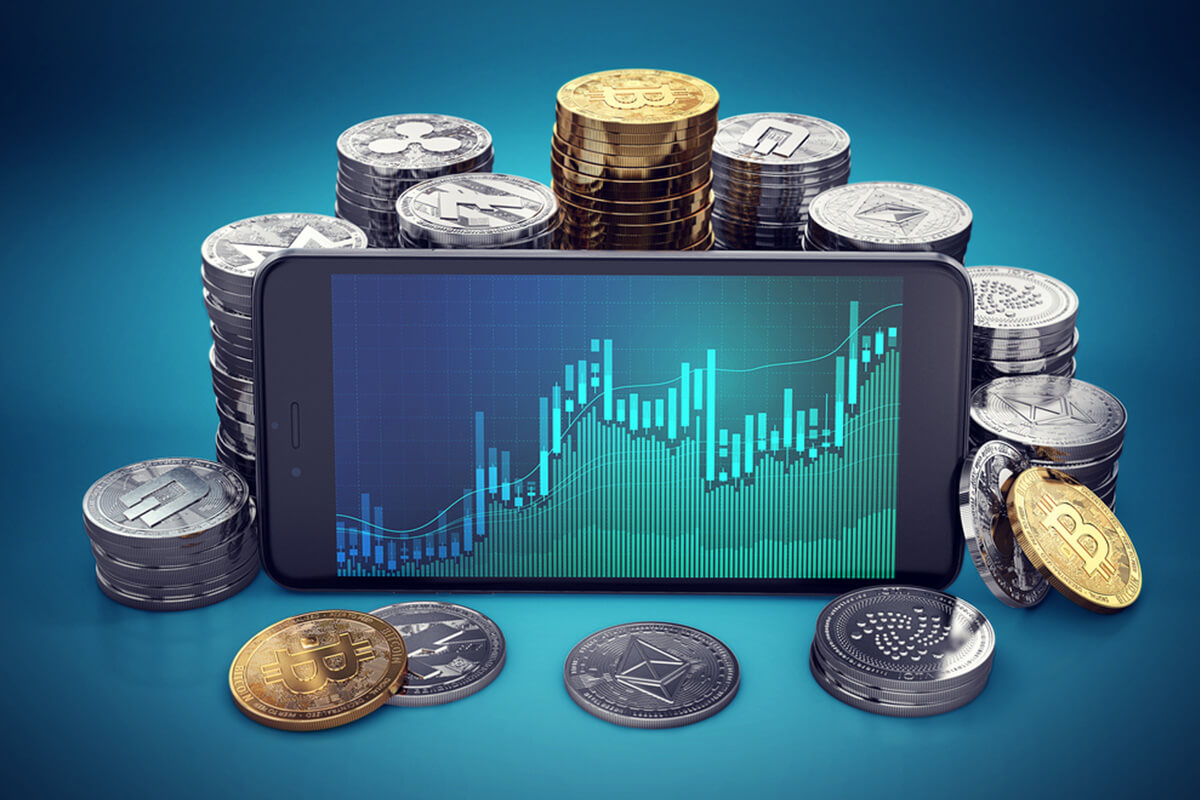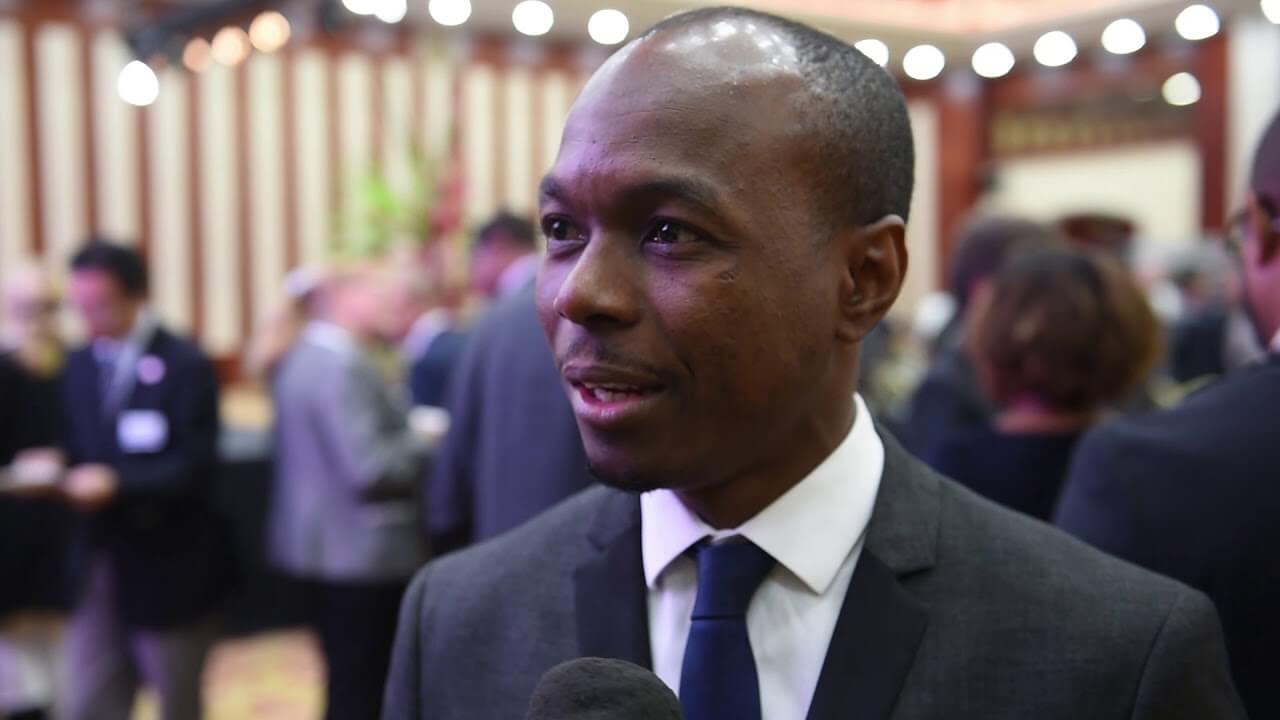Small Caribbean countries beat world giants in digital currency race
LONDON, Dec. 16, 2021 / PRNewswire / – As a result of their adoption of digital currency, Caribbean countries are quickly emerging as the world leaders in digital finance. Last week, the Eastern Caribbean Central Bank (ECCB) rolled out its digital currency DCash in the Commonwealth of Dominica, making electronic money accessible in the seven nations that are part of the economic bloc. The Caribbean is now the first monetary union in the world to use a central bank digital currency.
DCash, first launched in March 2021, improves financial inclusion, especially in places where accessing physical money is a big challenge. According to the World Bank , nearly a quarter of the world’s adult population do not use banks or banking institutions for any purpose. A recent study also found that 50% of the people of the Middle East and Africa are financially excluded.
To give citizens better access to financial services and regulated economic opportunities, governments of small and developing nations are prioritizing digital currency, which can be accessed from virtually anywhere through a connected device. . Through its app, users can send and receive money from family, friends or customers in the seven neighboring countries who also use DCash. The project aims to improve the efficiency of the payment system and the financial inclusion of unbanked and underbanked populations.
This is not the first time that technology has made an amazing breakthrough in underdeveloped regions. In rural areas of India, the number of mobile phone lines far exceeds that of fixed lines. A census carried out in 2011 revealed that 68% of households have only one mobile phone, while only 1% have only one landline. Experts predict that the population with cell phones will be much larger in 2021.
Timothy Antoine , the governor of the ECCB, said DCash’s goal is to stimulate economic growth. “[Digital currency] is an important instrument in a larger conversation about building a digital economy. “
According to the Atlantic Council’s Geoeconomics Center , 87 countries representing more than 90% of global GDP are studying the idea of a central bank digital currency. However, only nine countries have fully launched their own digital currency. One of the only nations outside the Eastern Caribbean to do so is Nigeria , which is the sixth most unbanked country in the world.
As cryptocurrencies and stable cryptocurrencies gain in popularity, central banks around the world have realized that they need to offer an alternative and not let the future of currency slip away. Unlike cryptocurrencies, which are valued for their anonymity and independence from monetary authorities, central bank digital currencies are digital fiats.
For a weather-prone country, the government of Dominica is committed to leading a digital transformation to revolutionize economic recovery and resilience. One of the main income generators of its climate and economic resilience mission is the Citizenship by Investment (CBI) Program . Funds from this program have a tangible impact on broad aspects of life on the islands, including healthcare, education, infrastructure and tourism.
This program attracts substantial funds from reputable investors around the world, and it has ranked number one in the world in the last five editions of the CBI Index , a report published annually by the Financial Times’ PWM magazine. . Those who successfully pass the due diligence process not only benefit from visa-free mobility and an arrival visa to over 75% of the world, but they also have access to a resilient economic zone with pegged currency. to the US dollar.
SOURCE CS Global Partners




